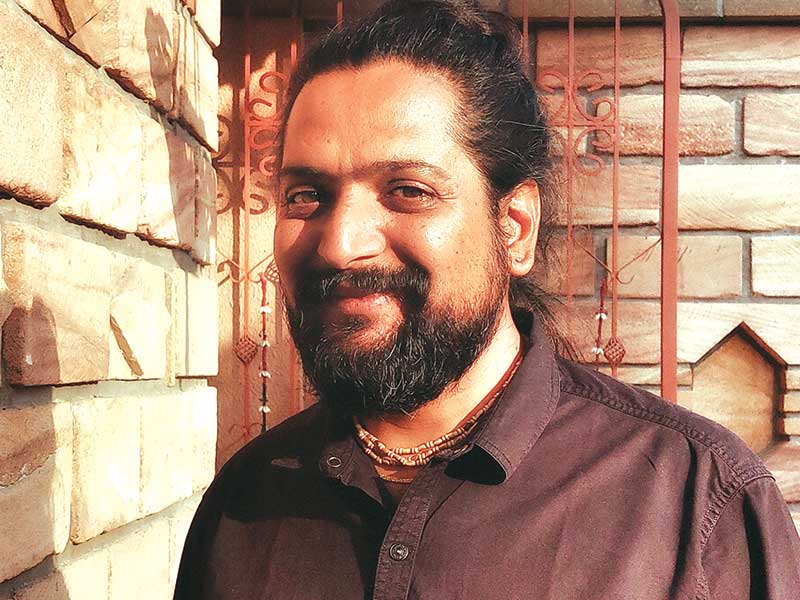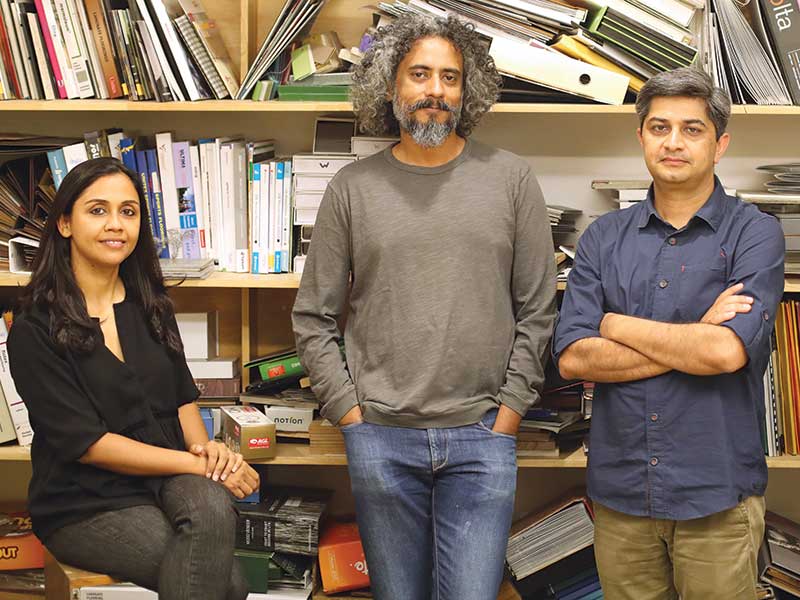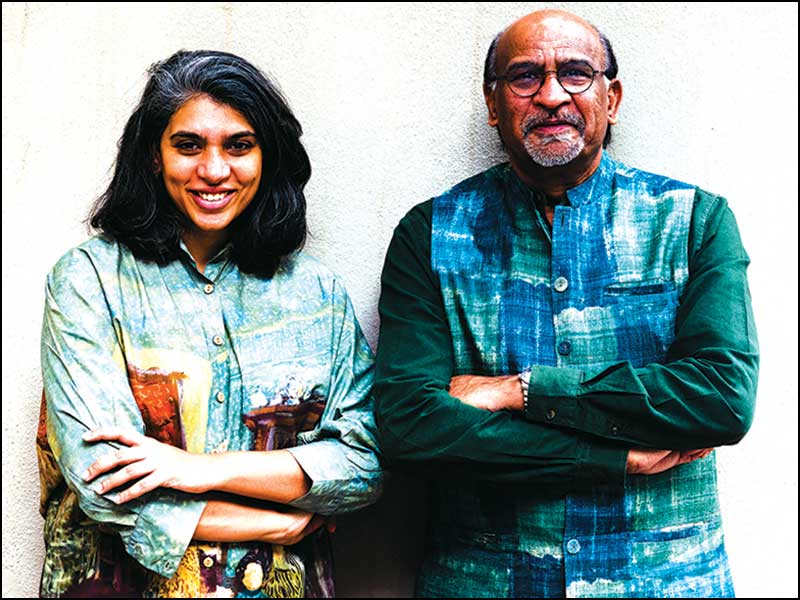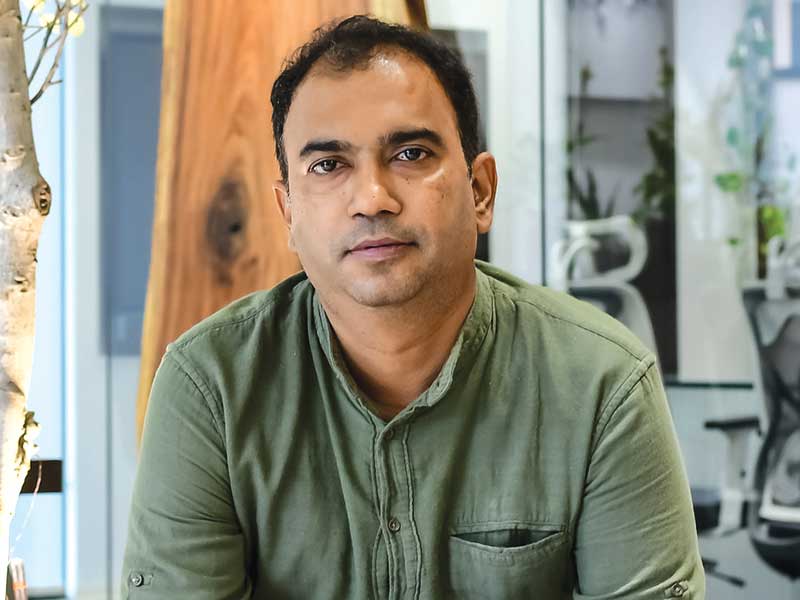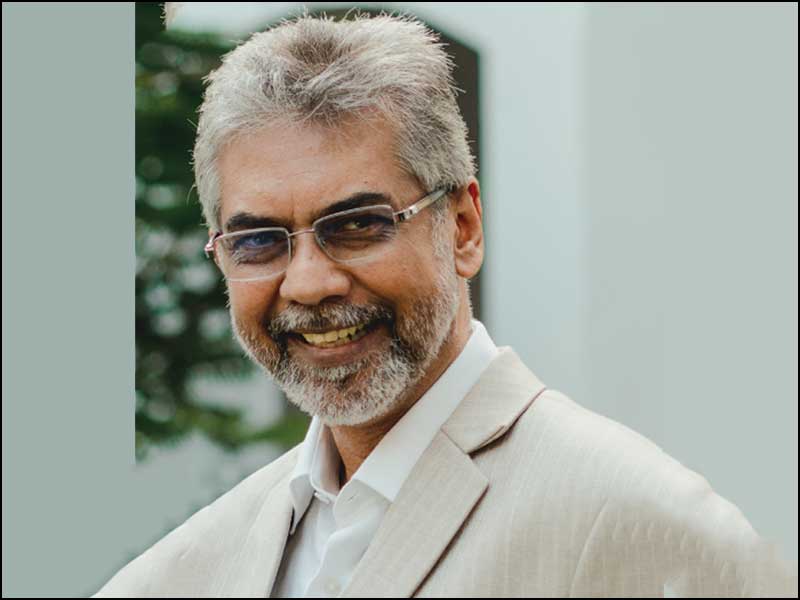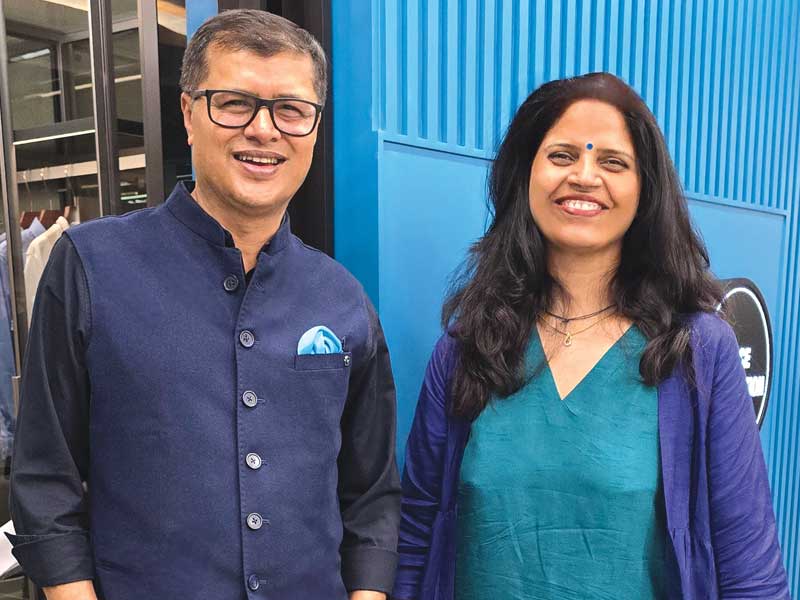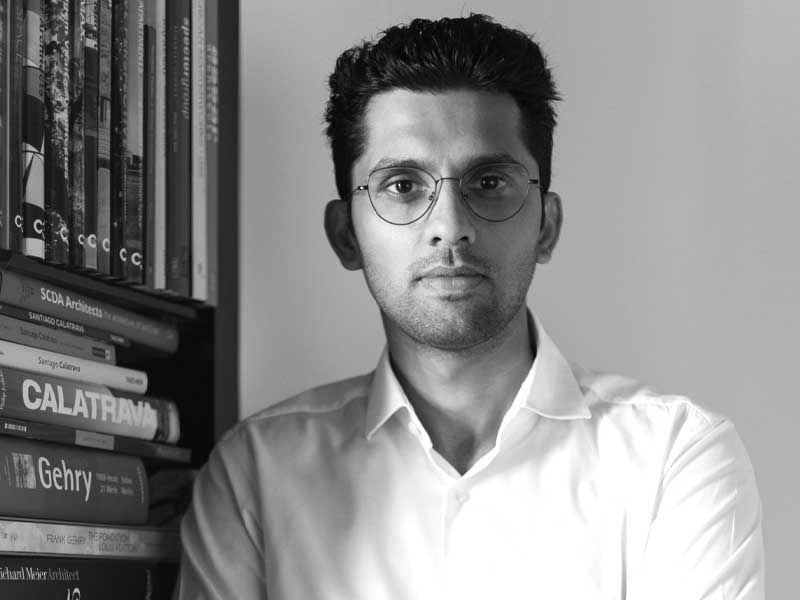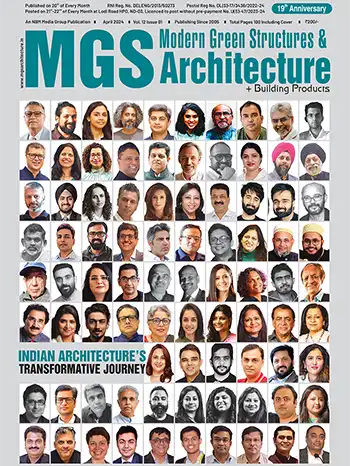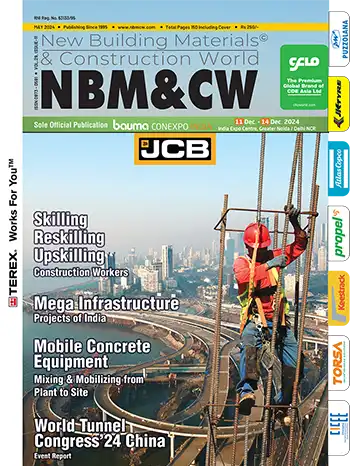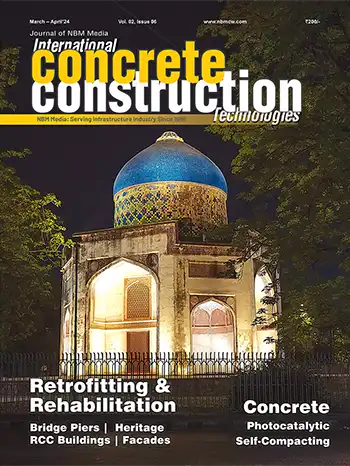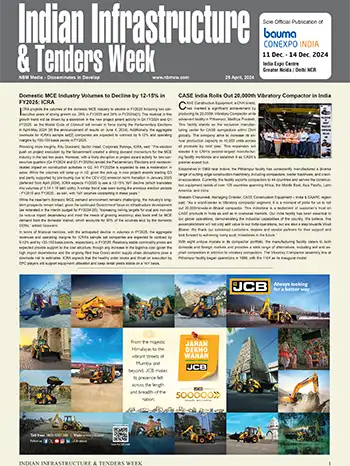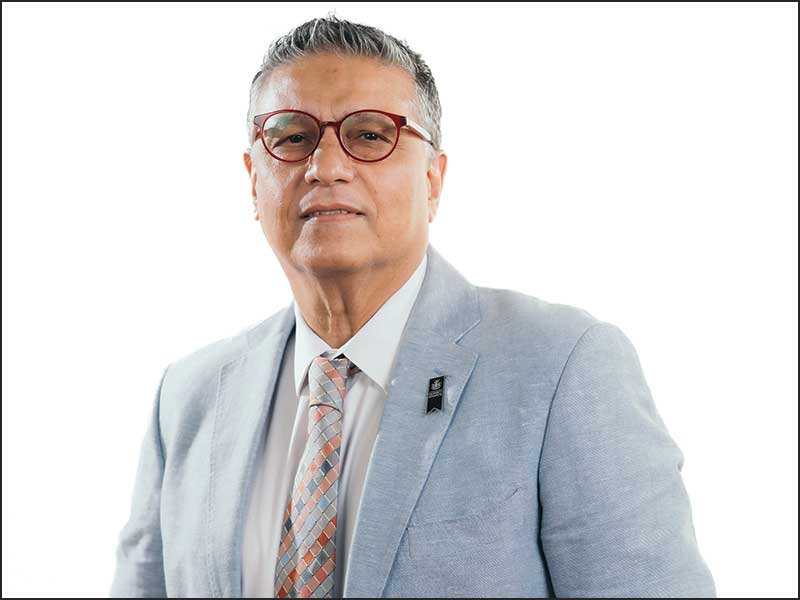
The integration of innovative technology such as BIM, has facilitated architects to explore and create more complex designs not just in terms of building facades, but also make efficient designs that are more human-centric and usable.
Architecture today is catering to a design that impacts the social needs. Since land to mass ratio is increasing by the day, the future of architecture will encourage the urban landscapes to be more community-driven, accessible, and inclusive. Social needs extend beyond community spaces; they also involve the concept of affordable housing and facilities within a mixed-use framework; disaster management are also important aspects of projects as the social responsibility of an architect.
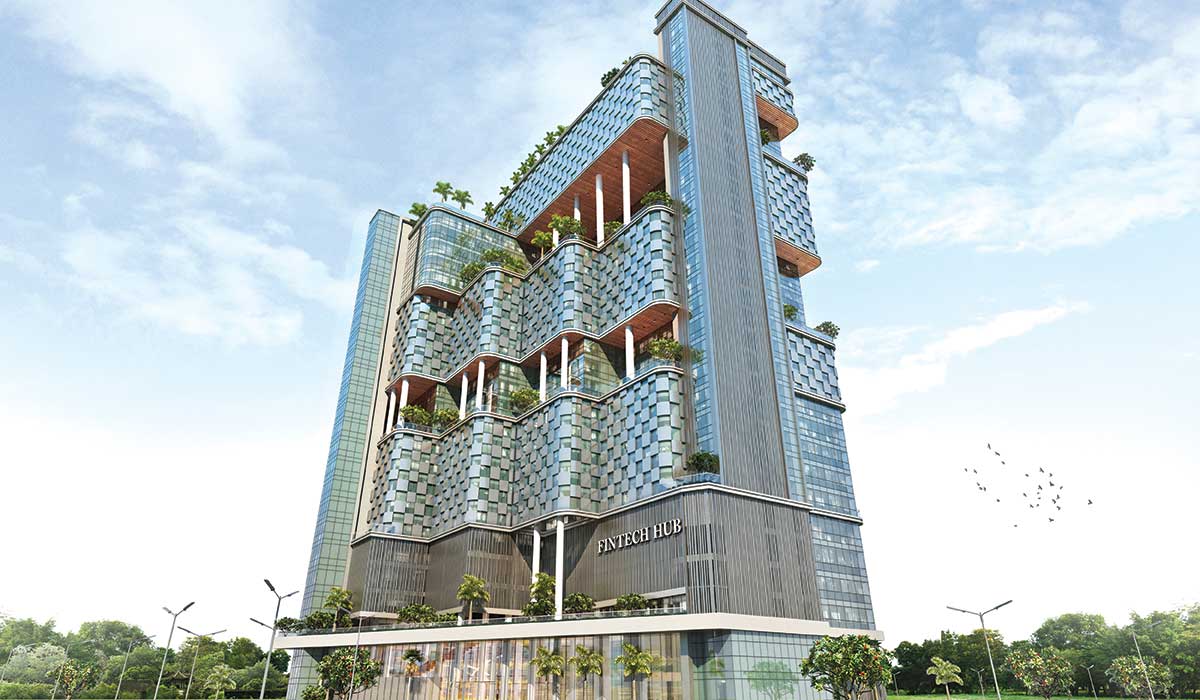
Architects will lead the way in shaping smart cities through innovative urban planning solutions, focusing on efficiency, connectivity, and liveability. Concepts such as mixed-use developments, pedestrian-friendly spaces, and smart infrastructure will change the urban landscapes. Furthermore, there will be a growing trend towards adaptive reuse and heritage conservation, as architects creatively repurpose existing structures to revitalise urban neighbourhoods while preserving their historical significance and reducing carbon footprints.
Indian architects are drawing inspiration from global architectural movements and trends. For example, biophilic designs based on biomimicry, has been instrumental in promoting a more environmentally-friendly design. Sustainable practices amidst climate change, will push the focus more on passive design, renewable energy, and green certifications for a greener built environment.
Additionally, the future of architecture will prioritise human-centric design principles, with a focus on enhancing the well-being and comfort of occupants. Ergonomic spaces, and wellness-focused environments will become integral, promoting health, productivity, and overall quality of life for residents and users alike. The future of architecture in India holds great promise for creating spaces that enrich lives by pushing through dynamic changes and innovation. By embracing these trends, the built form will not only have visually appealing spaces but also functionally effective spaces.

